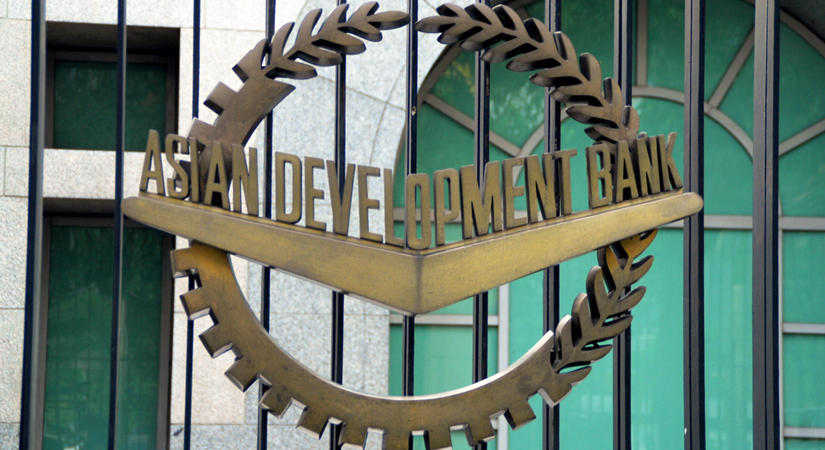
Households in the Philippines were the most likely in Southeast Asia to have encountered job losses or reduced workloads during the pandemic, according to a survey of eight of the 10 Association of Southeast Asian Nations (ASEAN) countries.
The Asian Development Bank Institute (ADBI) said in a presentation during the 53rd Asian Development Bank (ADB) Annual meeting that 73.5% of households surveyed in the Philippines reported at least one person losing a job, the highest rate of the eight countries surveyed. The other seven are Cambodia, Indonesia, Laos, Malaysia, Myanmar, Thailand and Vietnam.
Conducted between the end of May and July, the surveyors interviewed 1,000 households in each country about the impact of coronavirus disease 2019 (COVID-19) on their income, employment or working hours, spending, and the education of children in the household.
The ADBI found that the Philippines also returned the highest percentage of households reporting income declines – 84% – with only 1% reporting higher income and the remainder saying income was unchanged.
“It seems that both the strictness of the restrictions and the number of cases were factors, as the Philippines had the highest number of cases, both in absolute numbers and relative to the total population,” Peter J. Morgan, senior consulting economist and the vice chair of ADBI Research Department, said in an email Friday.
He said there was “some correlation” between the strictness of the lockdown imposed by the governments and the adverse impact on both income and jobs, with the link to jobs more correlated.
“There does seem to be some correlation between strictness… and the impacts on income, but the relationship is not so tight on income. The Philippines had the strictest restrictions and the largest share of households reporting declines in income (84%). However, Cambodia had relatively light restrictions, but 75% of households still reported declines, while Malaysia’s restrictions were in the middle, but it had the smallest share of households reporting declines (54%). The relationship with job losses/work reductions seems tighter,” he said.
Most of the country was placed under strict lockdown between March and May. Restrictions were eased in June but safety protocols are still being practiced.
Mr. Morgan the Philippine respondents also returned the highest percentage of those reporting a decline in remittances (75%) and wage or salary (81%) income.
It said 85% of respondents in the Philippines reported financial difficulties, the highest in the region after Indonesia’s 84% and Thailand’s 75%.
The ADBI said 51.8% of Filipino households reported sufficient resources for basic needs for less than two weeks, the second-highest among countries surveyed, while 21% said they have enough for two weeks to a month.
“The recovery process is likely to be relatively slow in view of the relatively large impacts on income and employment,” Mr. Morgan said.
Most Philippine households reported reduced consumption or spending, sold goods online for extra income, or borrowed money from microfinance institutions to deal with the reduced income.
“Income declines were offset by drawdowns of cash and savings which were utilized by half of the region’s households. Delayed payments and debt repayments were used by 35% of households while 34% applied for government aid,” ADBI Dean Tetsushi Sonobe said in a statement.
Meanwhile, the study also found that 46% of children in Filipino households did not attend school during the pandemic, the second highest after Myanmar where 52% of children did not attend school.
“About 15% of children stopped going to school, especially in Myanmar and in the Philippines. Many students in other countries use online classes but a significant percentage could not fully participate due to weak/insufficient internet connections and lack of digital devices,” ADBI said. — Beatrice M. Laforga
